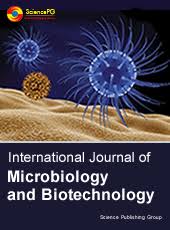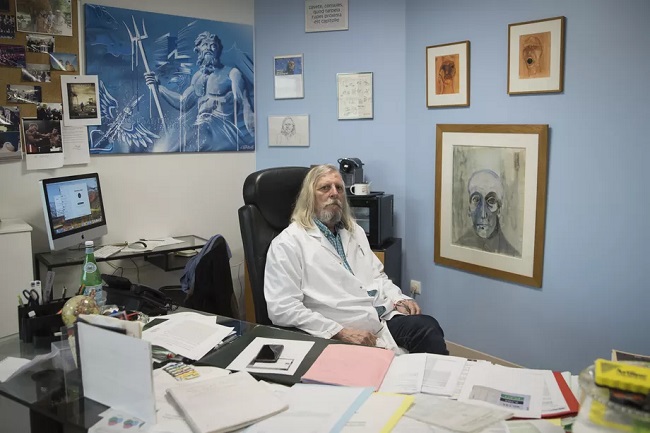As we have previously published months ago, for the record, hydroxychloroquine, sold under the trade name plaqenuil and a common antibiotic azithromycin, is stopping the infection dead in its tracks. be smart and get some.

According to the International Journal of Antimicrobial Agents, they have found early evidence that the combination of hydroxycholorquine, a popular anti-malarial drug known under the trade name Plaqenuil, and antibiotic azithromycin (aka Zithromax or Azithrocin) could be especially effective in treating the COVID-19 coronavirus and reducing the duration of the virus in patients.


